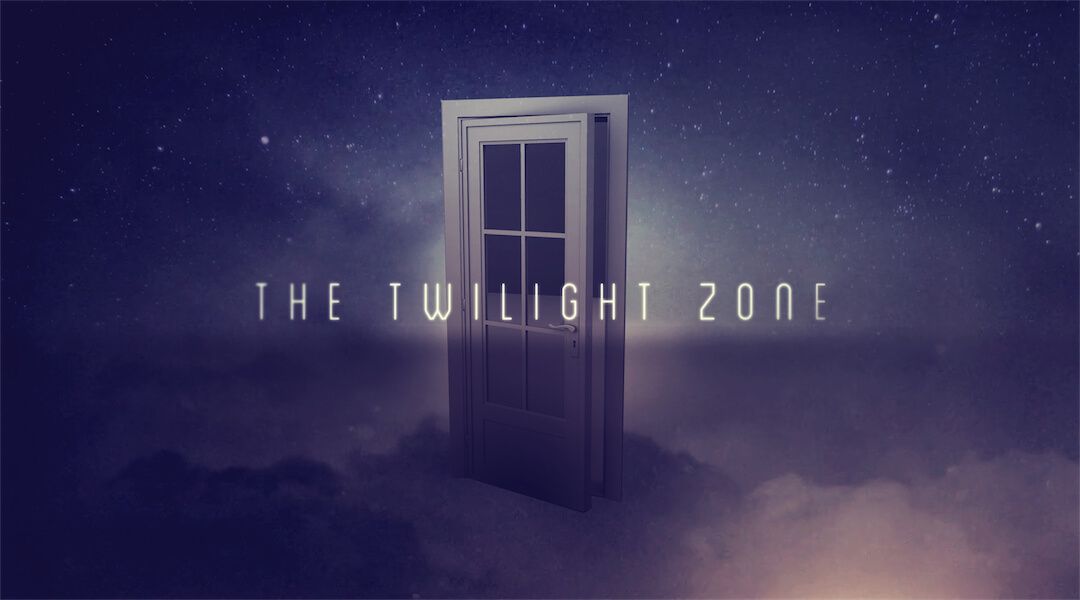The Twilight Zone is one of the most famous television shows of all time, using an anthology format to tell terrifying tales. Creator and writer Rod Serling introduced each episode with a signature beginning that has become iconic over time. Serling himself is an individual with a massive impact on the science fiction genre, not only because of The Twilight Zone, but also for his work on Planet of the Apes and Night Gallery.
Despite the iconic status of his other work, The Twilight Zone remains Serling’s most influential project. The show had incredibly unique premises that often had a lesson or moral for the audience, and also utilized the time and social milieu in which it aired to make excellent commentary on the political and world situations of the late 1950s and early 1960s. When looking at modern sci-fi films, it’s clear that Rod Serling’s work has had an immense influence on the genre.
The Twilight Zone has many iconic episodes that highlight the incredible influence it has had on modern sci-fi. For example, season 1 of the series featured an episode named The Hitchhiker, which saw a woman traveling alone across the country with a creepy and ominous atmosphere. The young woman kept encountering the same hitchhiker over and over again, even as she was driving for hundreds of miles. There was no explanation of how he got from place to place, and it was clear that there was something supernatural going on. Fans of the show will remember that this episode ended with a twist, as was often the case with The Twilight Zone. It was revealed the young traveler had actually died, and the hitchhiker telling her, “You’re on the side of the angels,” was his way of saying that she had died when her tire blew out while driving.
Modern sci-fi films and shows are often equipped with a twist just like this. In fact, it has become a cornerstone of the genre. Although it must be said that not all science fiction projects made recently have a twist or reveal like this, some of the most famous ones do. For example, M. Night Shyamalan is a director who often works in this genre, and is known for his incredibly surprising twists. In The Sixth Sense, which blends science fiction with thriller and horror elements, it’s revealed that Bruce Willis’ character has been dead the whole time, and actually passed away early on in the movie when one of his more volatile patients attempted to contact him. It’s an ending that not only shows the influence of The Twilight Zone’s twists and turns, but it seems clear that Shyamalan was inspired by The Hitchhiker for this film.
Season 1’s 34th episode is another example of a famous and influential episode, and is often regarded as one of the best of the series. A woman named Marsha visits a department store to find a gift for her mother, and is taken to a mysteriously empty ninth floor. The only item there is the exact one she’s looking for, and there’s a strange tension with the woman working there. On this floor are mannequins, alive and moving, albeit subtly. Eventually, after trying to escape, it’s revealed that Marsha herself is one of these mannequins, and that one of them leaves to join the real world every month. Marsha forgot that she was a mannequin, and was horrified to learn the truth.
The ultimate lesson of this episode was that people are so disconnected from each other that one doesn’t really know who they’re passing on the street or looking at as they go about their days. It’s something that hits even closer to home in the modern day with the emergence of technology and social media, and is a prime example of a lesson at the end of an episode of The Twilight Zone. There’s a similar lesson in Jordan Peele’s Us, where murderous doppelgängers were revealed to be the forgotten members of society that lived below the ground. Just as The Twilight Zone made it a point to highlight the lack of connection in modern society, Peele had a similar ending which seemed to be a metaphor for the uncared-for people in the world today. More broadly, sci-fi as a genre has always had lessons like this, even before The Twilight Zone, but this show helped to popularize and further this trend greatly, highlighting the influence it has had.
This mannequin episode’s general plot also seems to have influenced the hit British sci-fi series Doctor Who as well, itself an iconic show in its own right. Christopher Eccleston’s first episode as the Doctor saw him battle mannequins, an idea which seems to be a homage to The Twilight Zone. One of the most famous modern Doctor Who villains are the Weeping Angels, which are like mannequins in that they move subtly and possess more power and life than the unsuspecting characters initially realize. The fact that The Twilight Zone inspired Doctor Who, such an influential show itself, demonstrates Rod Serling’s series’ immense impact on modern sci-fi.



